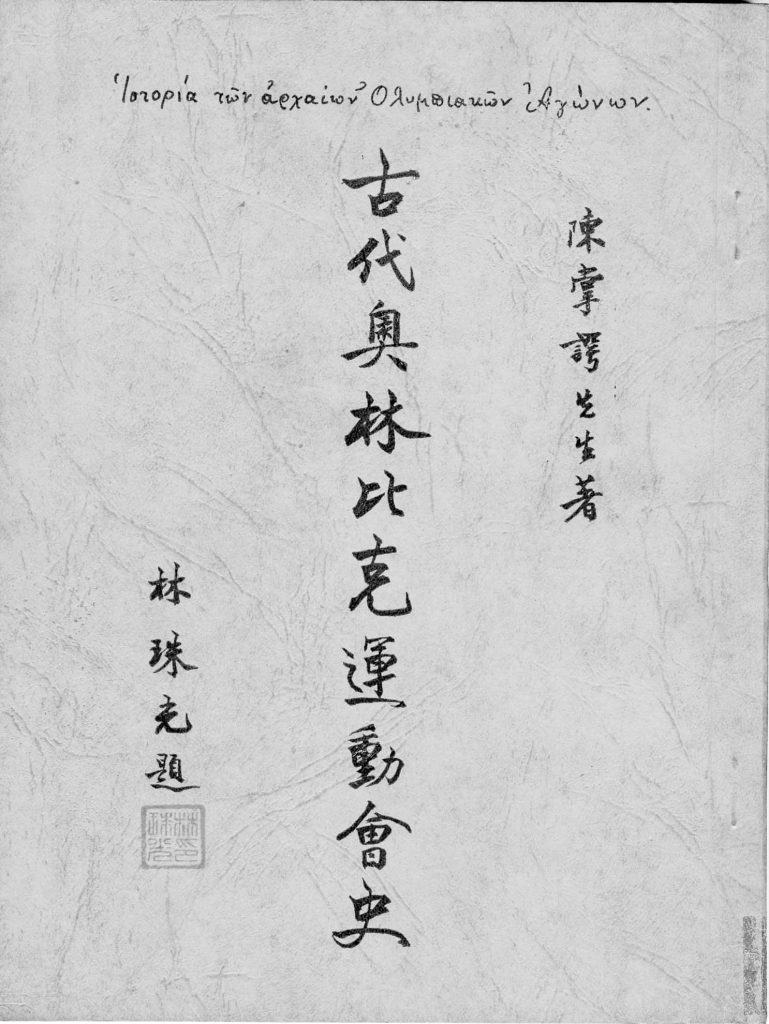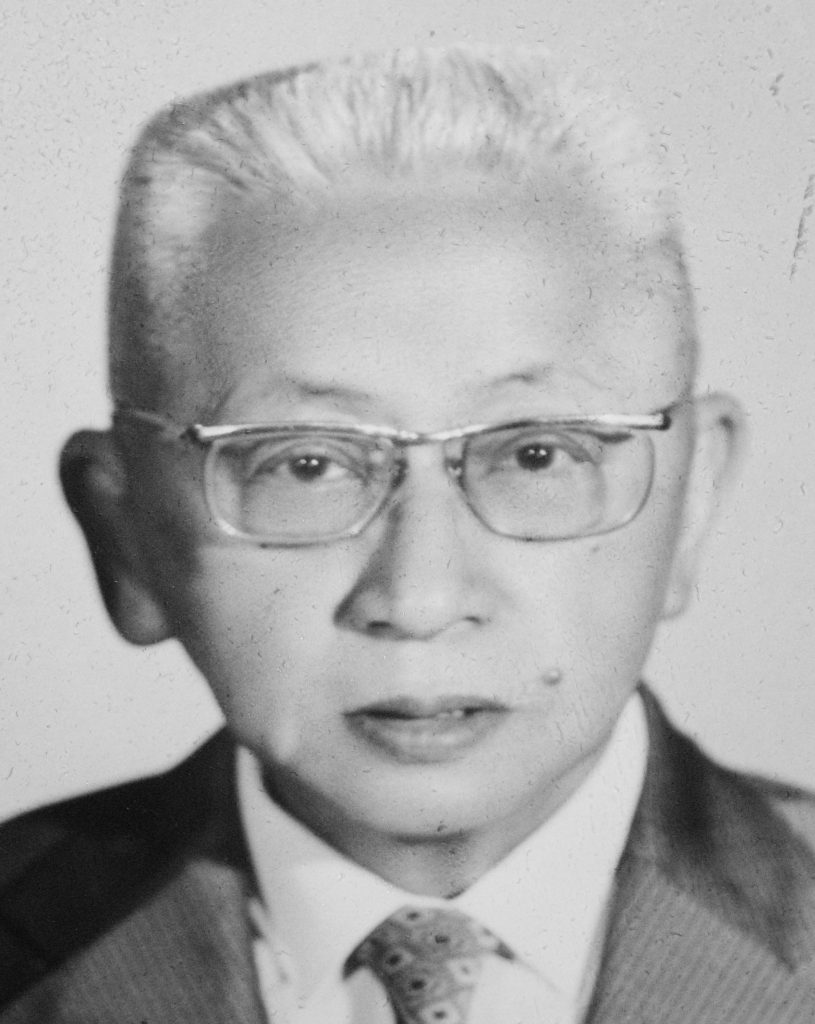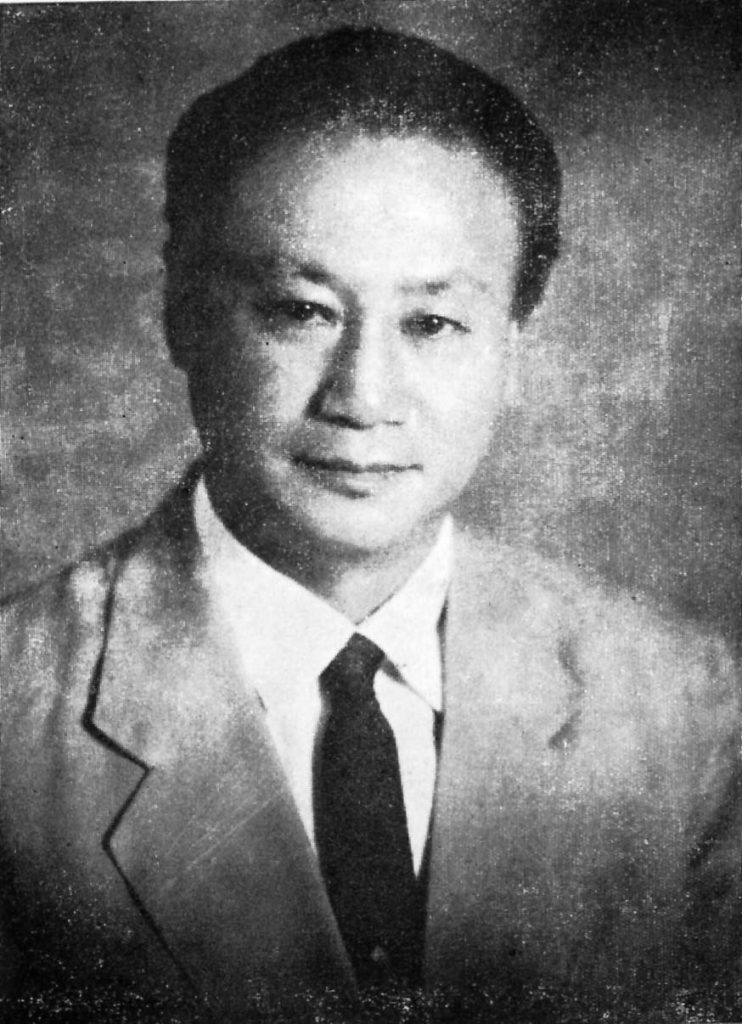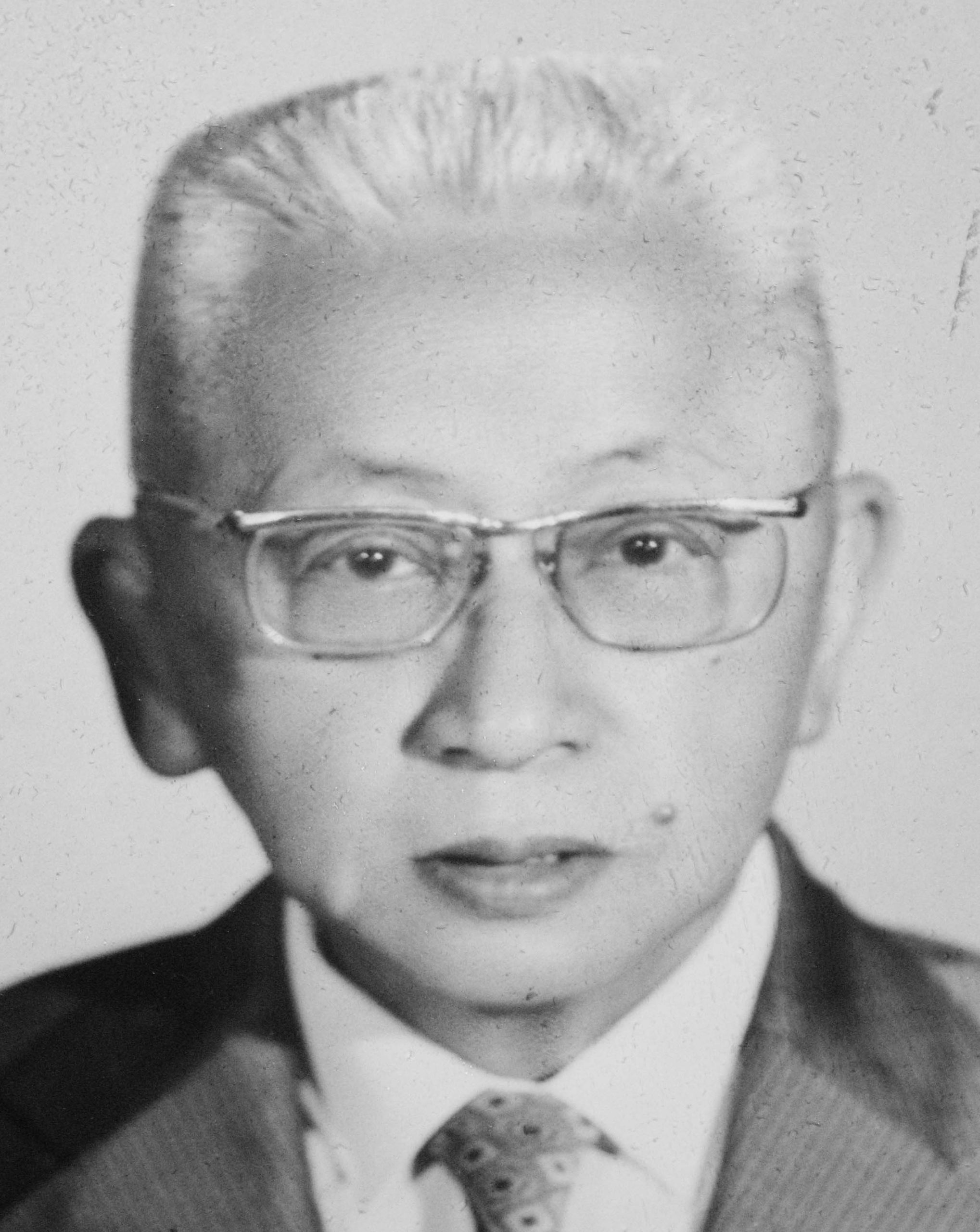First published in Tulay Fortnightly, Chinese-Filipino Digest 21, no. 7 (September 9, 2008): 5,13.
The spectacular 2008 Olympic games in Beijing ended with astounding success.
Chinese all over the world rejoiced over the momentous event, it being the first in China’s history. Not only did China host the event with flying colors, but the breadth and magnitude of the preparations and implementation were unprecedented in Olympics history. China’s athletes also performed superbly, harvesting the highest number of 51-gold medals.
Slots uk offers a lot of great online casino games and a incredible prizes for the winners, go to their website and do not miss out your chance to win.
The younger generation of ethnic Chinese all over the world, including the local Tsinoys, may not appreciate or fully understand the significance of China’s hosting the Olympic games. They are unable to fully fathom the deep sentimental value and great excitement the older generation Chinese overseas hold for the hosting of this 2008 Olympics.

For the older Chinese especially, the 2008 Beijing Olympics is not just a matter hosting the event but it is an indefinable matter of national pride.
After all, the Chinese people had suffered much humiliating national insults from the westerners since the 1840 Opium War in China. The Chinese were insulted and dubbed as 東亜病夫 (sick men of East Asia) by the westerners, and even by the Japanese, because China as a nation was poor and the Chinese people were weak. Naturally, they performed poorly in sports.
That is why the Chinese people were so eager to see China become a power in sports, to show and declare to the world that the Chinese people are no longer the “sick men of East Asia” but a strong and healthy people.
On Aug. 8, the opening day of the Beijing Olympics, Xinhua.net of China posted an article paying tribute to overseas Chinese who had contributed to Chinese sports and the Olympics movement.
And we are happy to find that in this article, two Chinese in the Philippines were mentioned: George G. Tan (陳掌諤 Tan Chiong Ngok) and Lim Chu Kong (林珠光).
Tan made a rare contribution not only to China’s sports but to physical education in Southeast Asia.

In his desire to improve China’s sports, Tan went to Springfield University in the United States for further studies and upon returning to China in 1927, he started teaching physical education. It was his passionate wish to raise the standards of sports in China to be at par with the world. He held numerous positions in Chinese Universities and sports organizations in China.
When the Japanese invaded China, Tan sailed to the Philippines and became the one and only expert and scholar in sports and physical education in the Chinese community.
The wealth of his experience and expertise led to the publication of his book, A History of the Ancient Olympic Games (古代奧林比克運動會史).
In his foreword, he said that at the time of his writing, there was still no such kind of a book on ancient Olympics in Europe and the United States.
Even before the war, Philippine-Chinese players already demonstrated their excellence in basketball. One example was the national games in Wuhan, Hubei, China in 1926 where the Philippine-Chinese team won all the matches.

The team was started and supported by Tan’s contemporary, the philanthropist and sports patron Lim Chu Kong.
Lim was the team leader, as well as organizer and financier of the first-ever basketball team to play in the US representing China in 1929.
This team was in fact composed mostly of Philippine-Chinese players from the Chinese community in the Philippines.
This interesting vignette shows that the contribution of the Chinese overseas to China was not limited to economic development but also in sports.
